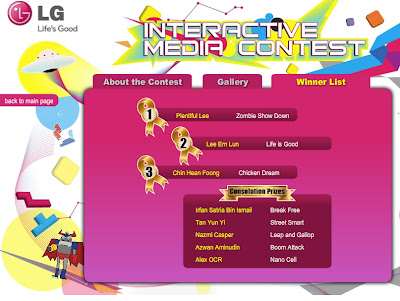This is a summary of the first day of Kre8tif 2010
Jason talked about his experiences starting the most successful online art course (conceptart.org), how he took a job that was good financially but wasn't really helping his career and he wasn't happy about it, how to put down on paper a 'Partnership agreement' to clarify things in a new startup company, learn to be open-minded and start talking and networking with new people you meet even from unrelated fields because you never know someday you might do business with them.
David Freeman (The Secret Behind Pixar's Magic)
David defines specific techniques used in Pixar movies that enables audience to consciously and subconsciously relate to the characters in Pixar movies. Here's a couple of the techniques:
- Sophisticated psychological insight, don't look down on the audience.
- Let it get ugly, don't feel that the audience can't handle some harsh reality.
- Echo the central issue in more than one character or plot-line.
- Poignant and funny can go side by side. Slide into poignant, you can spring into funny or action.
- A group working together can win.
- A person can be uniquely himself or herself and part of a close-knit family too.
- Toss in something wonderfully unexpected, for the unexpected gives birth to delight.
His website: Beyond Structure.
Pitching Clinic
Moderator:
Leah Hoyer (Former Director of Development, Walt Disney Co.)
Panel:
- Tracy Wong (Director of Creative Services and Marketing, Animax)
- Silas Hickey (Creative Director, Asia Pacific Animation Development, Turner Entertainment Networks Asia, INC)
- Lynette Ng (Manager of Acquisitions for Disney Channels Southeast Asia)
- Evon Koh (Channel Manager, Astor Ceria)
- Juhaidah Joemin (Representative Office Manager, Al-Jazeera Children's Channel Malaysia)
The panel main discuss about what different channels are looking for in pitches, stressing about target demography (age, gender) and how each channel work differently from different regions.
More to come.


























.jpg)
.jpg)
.jpg)




.jpg)
.jpg)
.jpg)
.jpg)
















